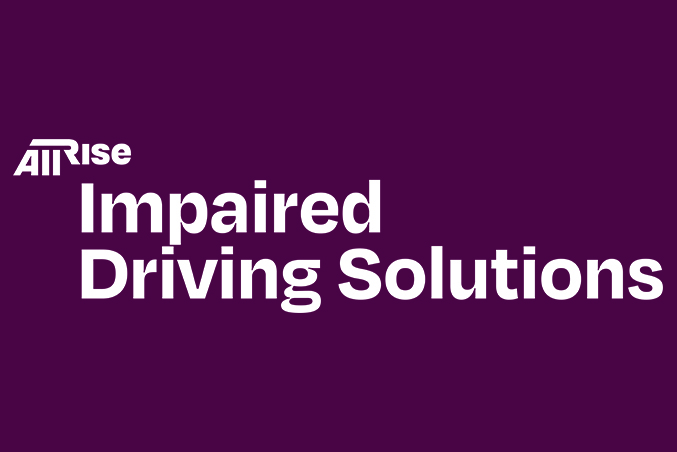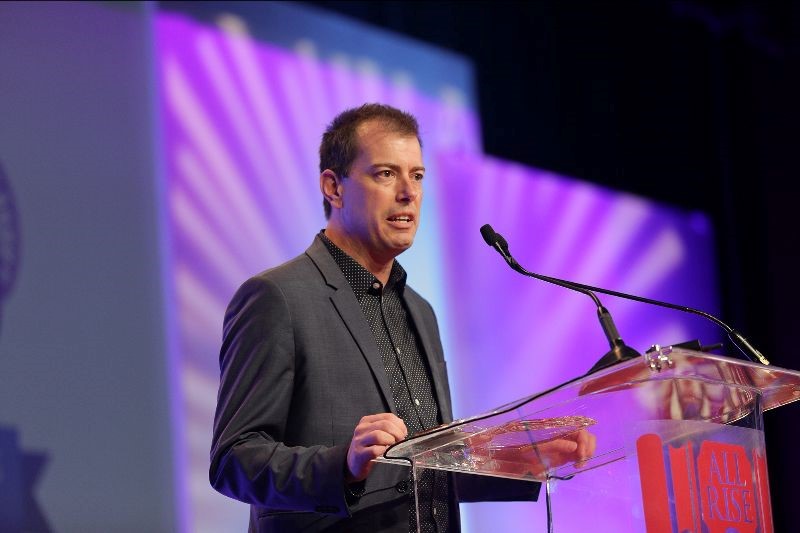Meet Our Divisions

Impaired Driving Solutions
In June at RISE23, we unveiled our new name and brand as All Rise. As part of the rebrand, we’ve also made changes to our divisions, and we’d like to introduce you to them one by one. You’ve already met the Treatment Court Institute; next is Impaired Driving Solutions (formerly the National Center for DWI Courts).
Impaired Driving Solutions uplifts communities by leading a comprehensive approach to solve one of the greatest threats to public safety in the country: impaired driving. We do this by implementing evidence-based and promising legal and clinical interventions.
Impaired Driving Solutions partners with federal agencies, state highway safety offices, and leaders in the private sector to provide cutting-edge training and curated solutions for communities to implement, expand, and improve impaired driving treatment court programs (i.e., DWI courts) and other interventions that provide treatment and accountability based on research-driven best practices.
Keep scrolling to learn more and browse our resources!
“I’m thrilled we relaunched as Impaired Driving Solutions! The name is definitive of who we are and what we provide to communities. Our staff and team of diverse faculty have experience working across every intercept point in the justice system, and we’re building actionable solutions proven to save lives.”
– Jim Eberspacher, Director, Impaired Driving Solutions
Meet the Director
James (Jim) Eberspacher is the director of Impaired Driving Solutions, a division of All Rise providing training and technical assistance to treatment courts that serve individuals with impaired driving offenses. He has more than two decades of cumulative experience in treatment courts, corrections, policy development, and training/technical assistance. Prior to joining Impaired Driving Solutions, for seven years, he served as the Minnesota state treatment court coordinator and provided oversight in forming treatment court policy and strategic planning, state standards, funding, research, and delivery of training and technical assistance to treatment court teams. Prior to his role at the state level, he served as the coordinator for three treatment court teams in rural Minnesota and also worked as a probation officer.
